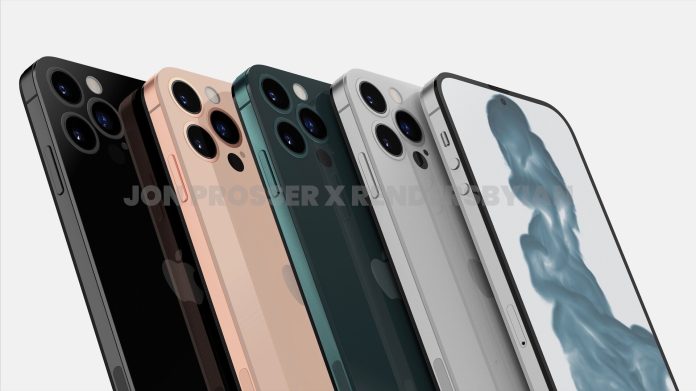There has been such a disclosure about the Apple iPhone 14, which has caused panic. The companies making Android phones are also surprised.
Apple is considering adding a USB-C port to the next iPhone. Specifically, for the Pro lineup. Let us know what are the three benefits of this …
There have been many recent revelations regarding the Apple iPhone 14, which has shocked the fans. The display of the phone was revealed a few days ago. It was told in the report that while the Vanilla model will be 6.1-inches, the size of the Pro model will be 6.7-inches. Now the design of the phone has been revealed.
In its weekly Q&A with popular Apple site iDropNews, mysterious tipster LeaksApplePro revealed that Apple is currently “considering adding a USB-C port to the next iPhone.” Due to this, the companies making Android phones have suffered a major setback.
Tipser told that Apple is considering adding a USB-C port to the next iPhone. Specifically, for the Pro lineup.
LeaksApplePro also explains what Apple’s three primary motivations are behind the move:
1. Fast Transfer Speed for Exporting ProRes Video
Apple launched ProRes with the iPhone 13 range to give professional photographers and enthusiasts the RAW video format, but its file size is huge. One minute of 4K ProRes video creates a file size of up to 13GB.
This means storage is consumed so quickly that it has to be taken off regularly, but the Lightning Port is limited to 480 Mbps (60 Mbps) while USB-C can reach up to 5 Gbps (625 Mbps) – literally. than 10x faster.
2. Increasing legal pressure
In recent months, the European Commission has passed new laws to force phone makers to use USB-C chargers, and pressure is also expected from the Biden administration. Apple may attempt to fight it or circumvent it (such as providing an adapter in the box) but it may hurt the company.
3. Environment and ‘Pro’ Integration
Bypassing USB-C regulations by including a dongle would undermine Apple’s claims that it wants to protect the environment by reducing unnecessary stuff. Conversely, moving to USB-C will have clear environmental benefits and eventually provide a universal charging option for MacBooks and iPhones.






